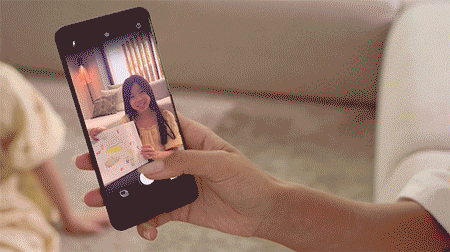
It's a problem that's been with us since the dawn of photography, but isn't often talked about. Generations of people with darker or non-white skin tones have faced the frustration of seeing their complexions rendered inaccurately in photographs; a problem rooted in how cameras are made.
And this isn't just about aesthetics. In a world where digital images play an increasingly crucial role in everything from social media to professional headshots, the inability to accurately capture skin tones can have far-reaching consequences.
It perpetuates biases in facial recognition software. It impacts the effectiveness of telehealth dermatology consultations. And more broadly, it affects how individuals perceive themselves and others in digital spaces: spaces that are increasingly taking over from face-to-face interactions in our society. [And that's before we get into the discussion of these inaccurate images feeding AI data sets – Ed.]
Now, though, a groundbreaking partnership between two tech companies, Spectricity and Lululab, promises to make progress on this age-old issue, by revolutionizing how we capture and analyze skin in digital photography.
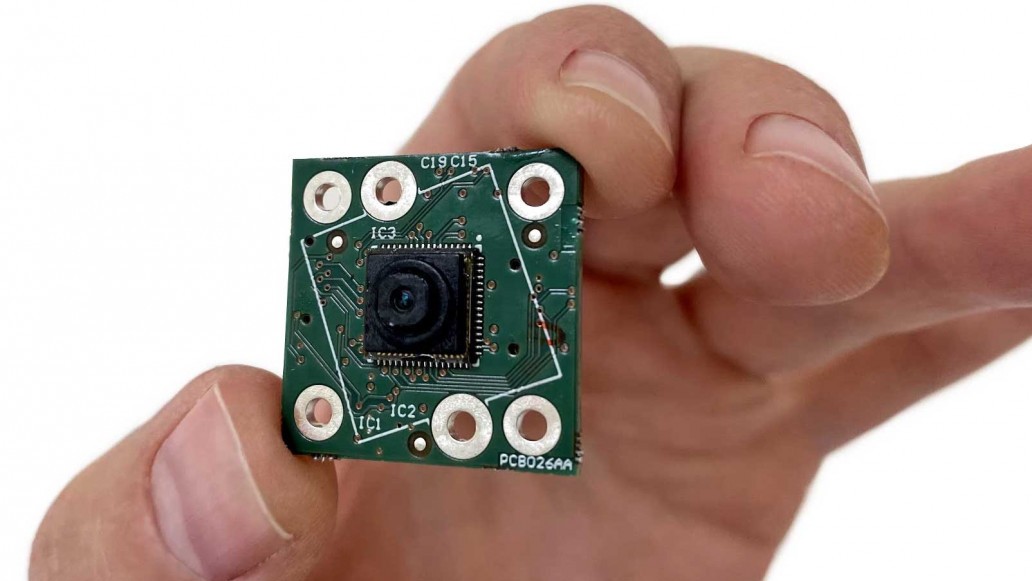
The players
Spectricity is a semiconductor company founded in 2018 and specializing in the development and manufacture of spectral sensing solutions. Headquartered in Belgium, it's a leading supplier in multi-spectral imaging sensors and camera modules, with a focus on small form factor and mobile device integration.
Lululab is a similarly young enterprise: an AI-based company created in Korea in 2017, as a spinoff of Samsung Electronics’ venture C-lab. Its software provides accurate image analysis of users’ skin conditions and tailors product and clinical program recommendations accordingly.
Now Spectricity has signed a deal with Lululab to develop its skin care analysis tech. And together, the two companies plan to create a new generation of smart skin care on mobile devices.
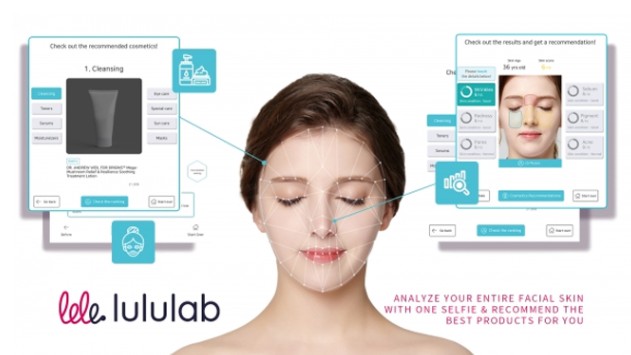
Who else is doing this stuff?
Of course, these two companies are not the first to tackle this thorny problem. Google, for example, has long been touting the Real Tone features in its Pixel phones. First appearing on the Pixel 6, Real Tone focuses on improving camera tuning models and algorithms to more accurately capture diverse skin tones.
Then there's Tecno, a Chinese smartphone manufacturer with a strong presence in Africa and Southeast Asia. It recently introduced Universal Tone, a branded skin tone diversity engine for its smartphone cameras.
Tecno's approach involves creating an unbiased data pool for AI training, developing a representative color card, and implementing a three-process system: Multi-skin-tone Restoration, Local Tuning Engine, and an AI-powered Computational Portrait Engine.
While the effectiveness of these systems still remains to be seen, both are fundamentally software-based. Spectricity and Lululab's initiative, however, aims to incorporate changes within the camera hardware itself.
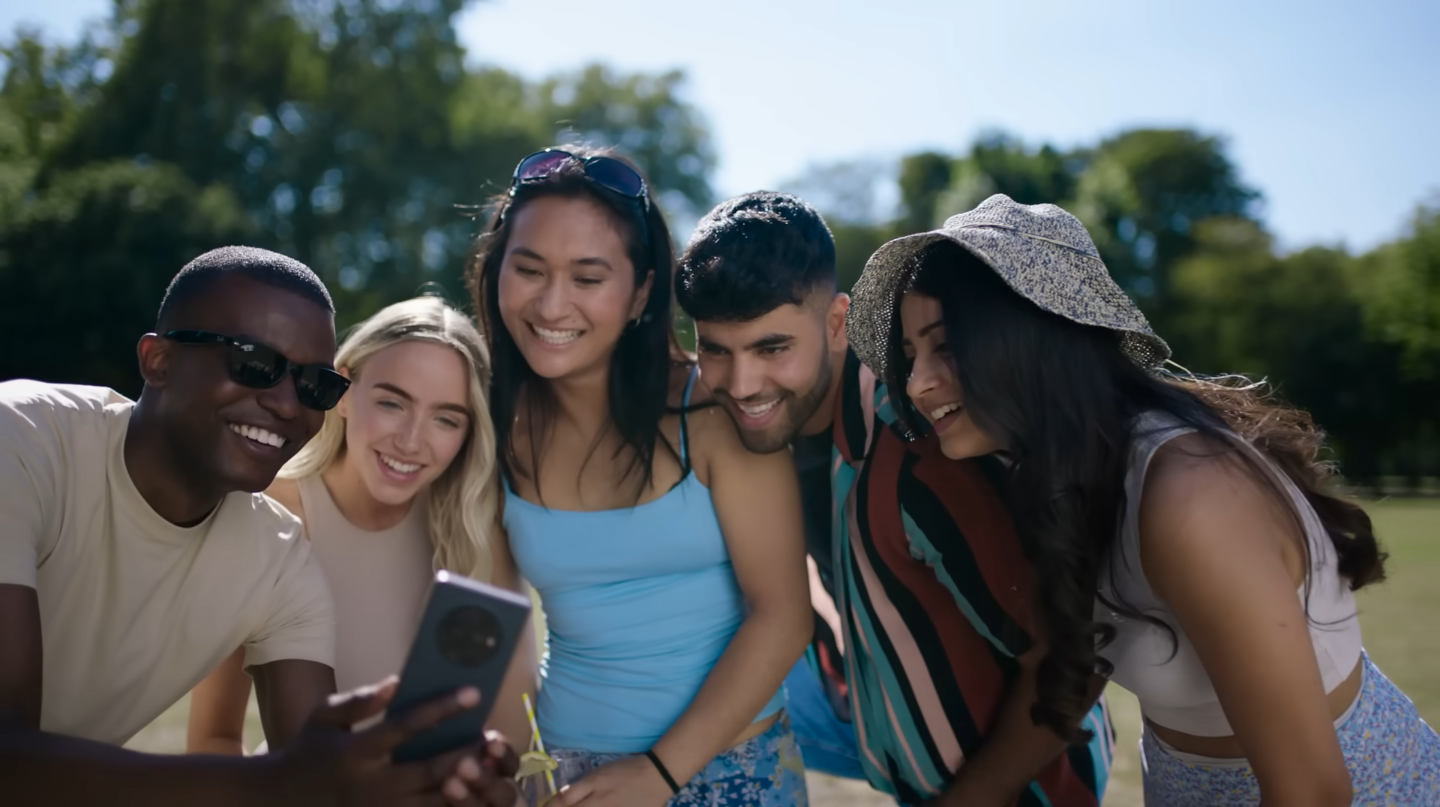
How is this initiative different?
Spectricity's innovation lies in its multispectral imaging technology. While traditional RGB sensors capture only three channels (red, green and blue), Spectricity's cameras capture light across sixteen distinct color channels; spanning from the visible spectrum into the near-infrared.
This expanded range allows for a much more nuanced and accurate representation of color, especially when it comes to skin tones. And Spectricity's new collaboration with Lululab aims to leverage the detailed spectral data captured by its sensors to provide new insights into skin conditions and characteristics.
By capturing a more comprehensive spectral signature of skin, this technology could reveal information about skin health, hydration levels and even early signs of skin conditions that are invisible to the naked eye or traditional cameras.
Imagine a future where your smartphone doesn't just take beautiful, accurate photos of people of all skin tones, but also serves as a personal skin health monitor. As a result, this evolving initiative could help democratize access to advanced skin analysis, bringing professional-grade insights into the palms of ordinary people worldwide.
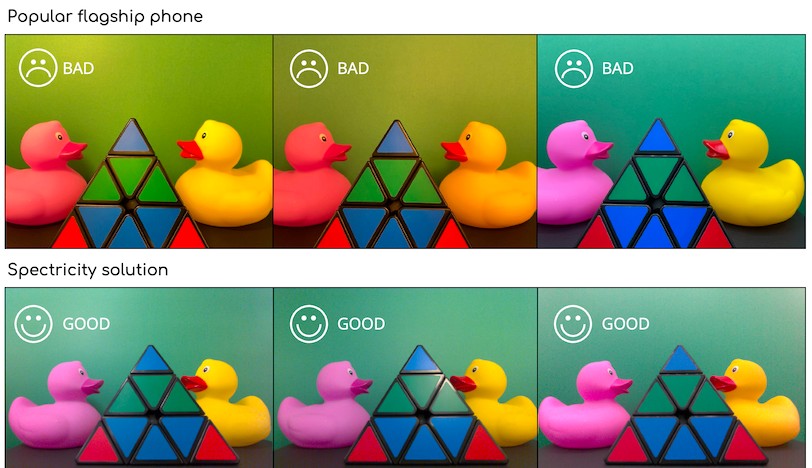
What are the challenges?
While Spectricity and Lululab's new partnership is focused on skin health applications rather than mass-market photography, the very fact that so many companies are trying to develop these technologies is encouraging in itself, and will hopefully be a case of 'a rising tide raises all boats'.
That said, it's important to approach all these efforts with a critical eye. Questions about data privacy, the ethical use of advanced skin analysis technology, and the potential for misuse or overreliance on AI-driven beauty standards will need to be addressed.
On the whole, though, this new collaboration appears to be part of a hopeful trend: that the future of digital imaging will be one where every skin tone is seen, celebrated and understood in all its complex beauty.
You can find out more information at the Lululab and Spectricity websites.
You might be interested in the best camera phones, including the best Google Pixel phones to see how good Google's skin technology is.







